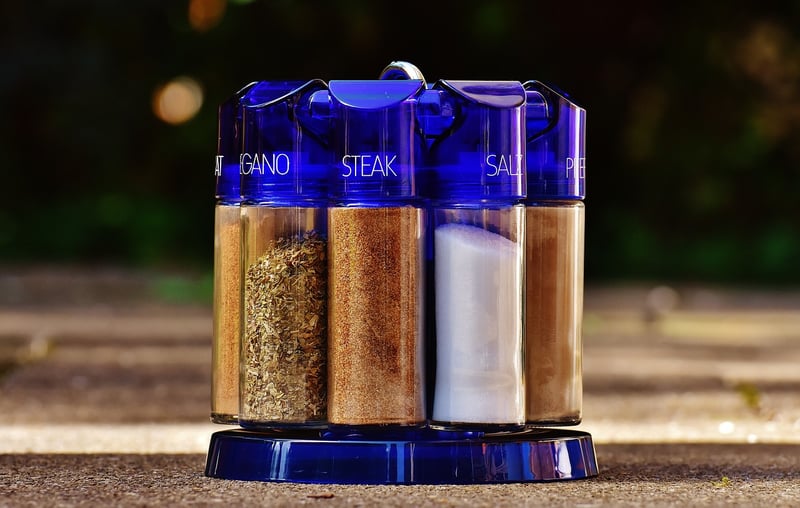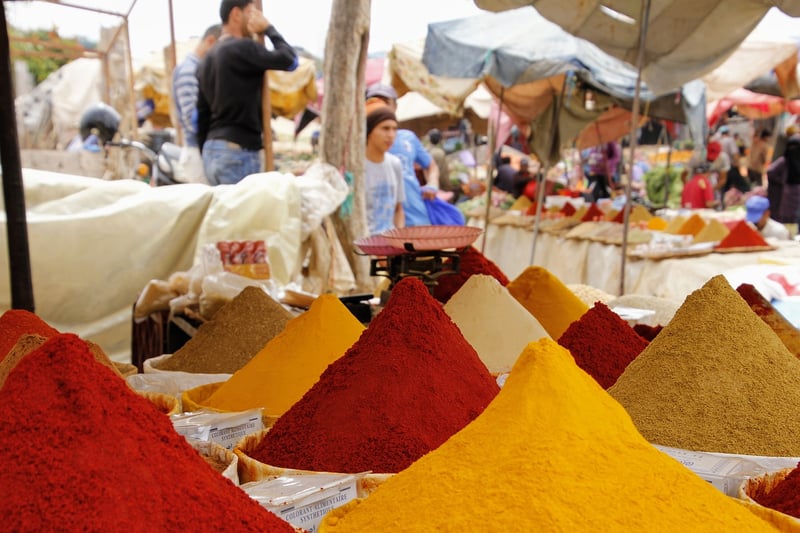Exotic Spices
The Art of Cooking: Key Ingredients and Exotic Spices
Introduction
Embark on a culinary journey and elevate your dishes to new heights by mastering the use of key ingredients and exotic spices. From adding depth of flavor to enhancing the aroma of your creations, these elements play a crucial role in creating memorable meals.
Key Ingredients
When it comes to cooking, starting with quality ingredients is essential. Here are some key ingredients that can take your dishes from ordinary to extraordinary:
- Fresh Herbs: Incorporating fresh herbs like basil, cilantro, and rosemary can add brightness and freshness to your recipes.
- Citrus: Lemons, limes, and oranges bring a burst of acidity and tanginess that can balance out rich or savory dishes.
- Quality Oils: Using high-quality olive oil, sesame oil, or avocado oil can enhance the overall flavor profile of your dishes.
- Fresh Produce: Seasonal fruits and vegetables not only provide essential nutrients but also add color and texture to your meals.
Exotic Spices
Spices are the heart and soul of many cuisines around the world. Experimenting with exotic spices can add a new dimension of taste to your cooking. Here are some exotic spices worth exploring:
- Saffron: Known for its vibrant color and distinct flavor, saffron is often used in rice dishes, soups, and desserts.
- Sumac: This tangy spice adds a lemony flavor to dishes and is commonly used in Middle Eastern and Mediterranean cuisines.
- Cardamom: With its warm, floral notes, cardamom is perfect for both sweet and savory recipes, such as curries and baked goods.
- Star Anise: This star-shaped spice has a strong licorice flavor and is a key ingredient in Chinese five-spice powder.
Conclusion
By incorporating key ingredients and exotic spices into your cooking, you can transform simple dishes into culinary masterpieces. Experiment with different flavors, textures, and aromas to create unique and unforgettable meals that will delight your taste buds and impress your guests.
Happy cooking!

